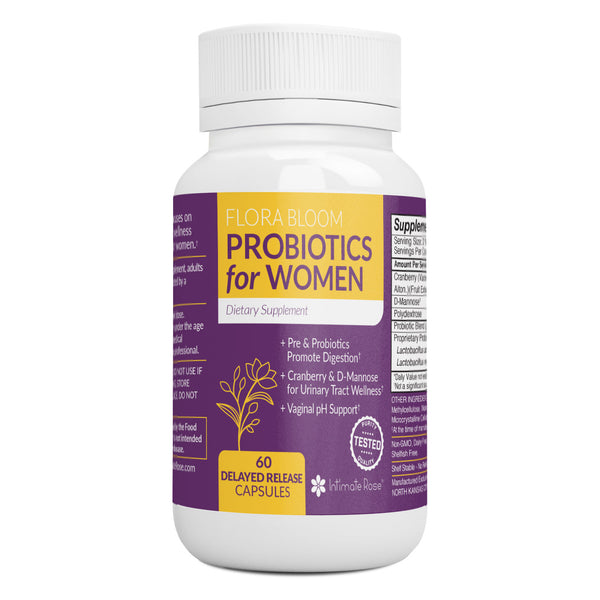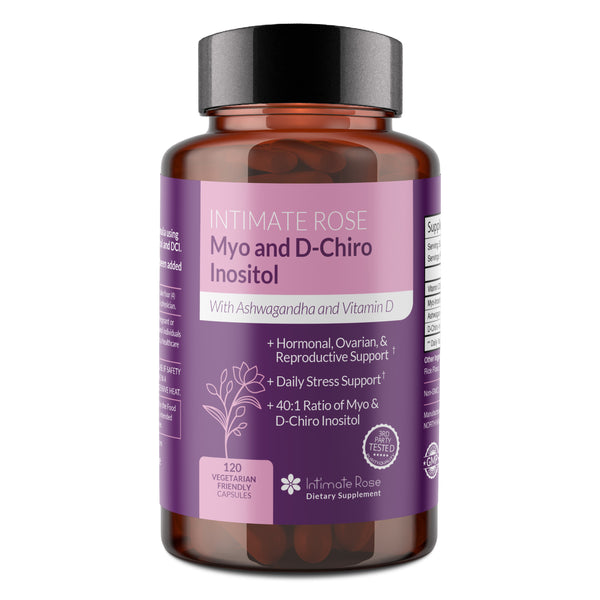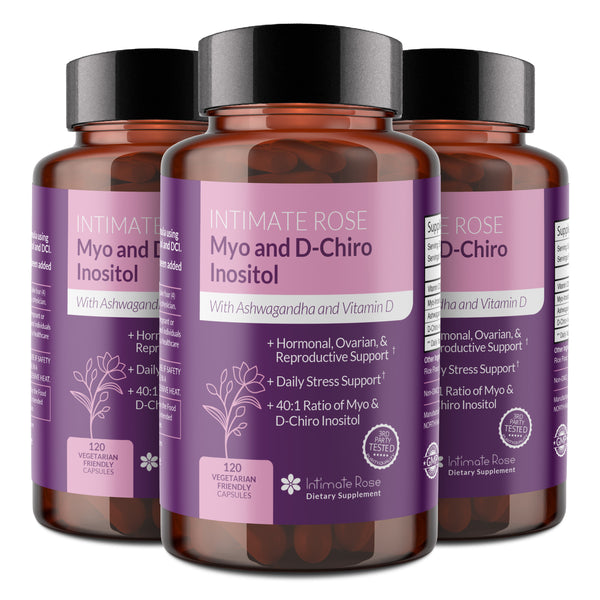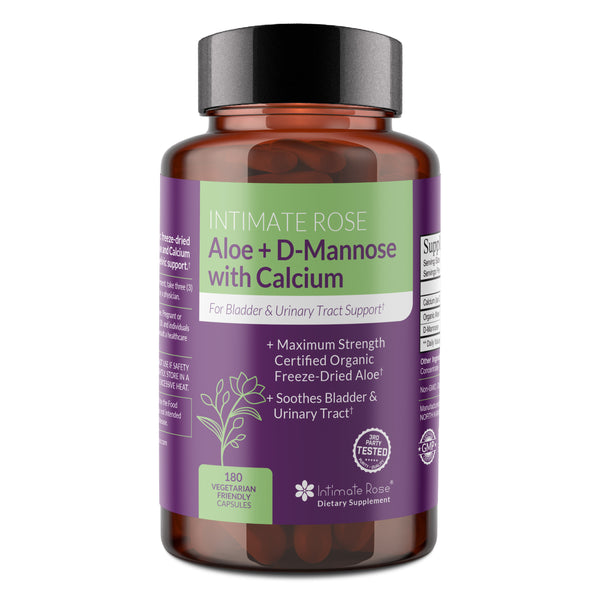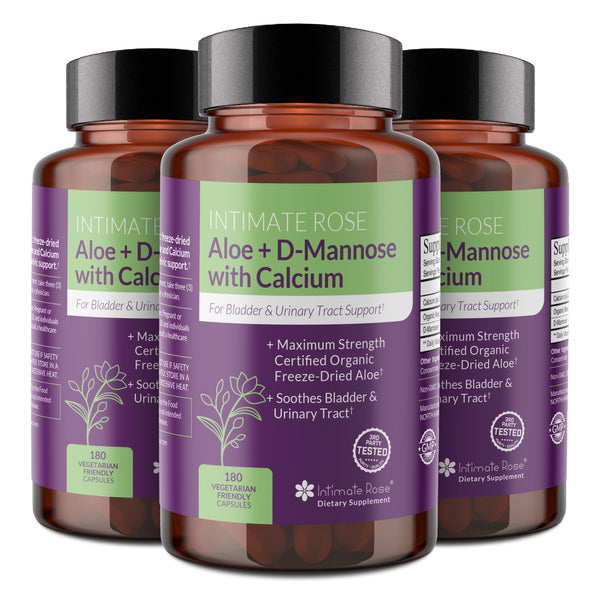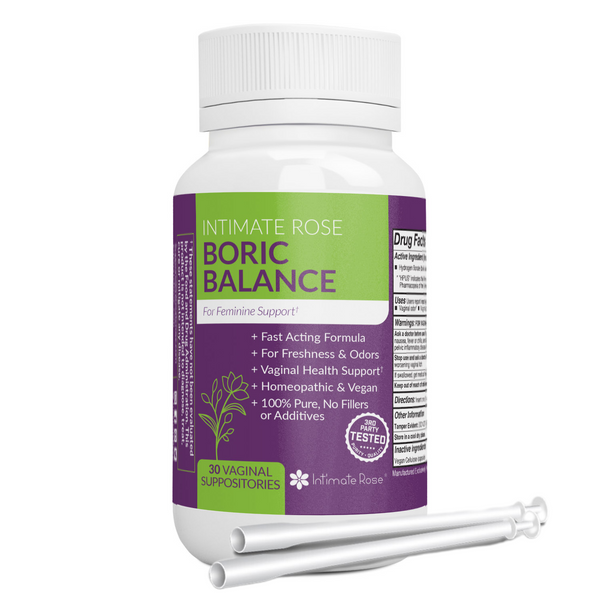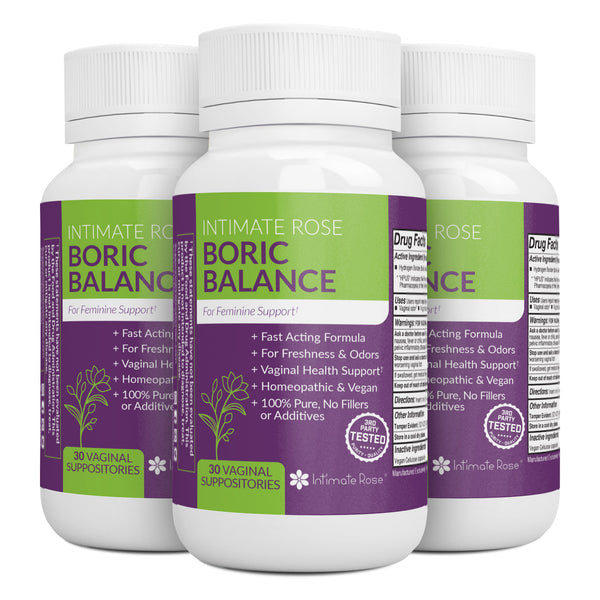Sexually Transmitted Infections | Other Causes | When to See A Medical Professional
Yeast infections are so common that as many as 75% of those with vaginas will experience one in their lives (Sobel, 1997). Because of their commonality, many people think of a yeast infection first when they feel any sort of itching or other discomfort in their vagina.
However, vaginal itching has many causes, and it’s important to get the right diagnosis for your vaginal condition in order to receive the right treatment be it with antibiotics or home remedies for an itching vagina.
Let’s look at some of the common causes of vaginal itching that aren’t just yeast infections.
Most Common Causes of Vaginal Itch
1. Yeast Infections and Vaginitis
Yeast infections are just one of a category of vaginal conditions known as vaginitis. Many other kinds of vaginitis can also cause itching, so it’s important to know the differences between these different conditions.
Yeast Infection
First of all, your vaginal condition might be a yeast infection. A yeast infection is a vaginal infection caused by a fungus called candida--usually candida albicans, but sometimes also candida glabrata (previously known as torulopsis glabrata).
Symptoms of a yeast infection include (Johnson, 2020):
- Extreme itchiness
- Irritation of the vagina or vulva (redness and/or swelling)
- Discomfort during urination or sex
- Vaginal discharge may look thick and white, like cottage cheese
- Usually no associated smell; if there is one, it will be mild and smell like yeast
Bacterial Vaginosis
If your vaginal infection is not caused by the candida fungus, it may be caused by a bacteria, as in bacterial vaginosis (BV).
Both BV and yeast infections can cause itchiness of the vagina and a burning feeling during urination. However, they differ in two ways (Bhargava, 2020):
- While a yeast infection does not usually have a smell, BV is associated with a fishy smell, particularly after sex.
- While a yeast infection contains thick, lumpy, white discharge, discharge associated with BV is typically thin and can be either white, green, or gray.

Things Off Down There?

Things Off Down There?
2. Sexually Transmitted Infections
Several sexually transmitted infections also fall under the category of vaginitis: chlamydia, gonorrhea, and trichomoniasis.
Read: Genital Itching After Sex: Causes & Treatment
Chlamydia
Chlamydia is one of the most common STIs in the United States; it spreads quickly because only about 25% of women and 50% of men will experience any symptoms. Here are some symptoms to look for if you do have any:
- Like a yeast infection, chlamydia is associated with vaginal itching.
- It can also come with vaginal burning or pain, including during sex or urination.
- The discharge with chlamydia will often contain mucus or pus; it may appear white, yellow, or green, and may have a bad smell.
- You may also experience pain, mucus-like discharge, and/or bleeding from your rectum.
- Chlamydia may also cause periods to be especially painful and/or cause pain in your lower abdomen, pelvis, or the upper right side of your abdomen.
Leaving chlamydia untreated can be very dangerous. It can cause long-term damage to internal and external sex organs and cause problems with fertility or pregnancy (Cleveland Clinic, 2015).
Gonorrhea
Gonorrhea, also known as “the clap”, is another common STI. Gonorrhea tends to be more common in those with penises than vaginas, and when a vagina has gonorrhea, it tends not to have any symptoms.
However, when they occur, vaginal symptoms can include the following (CDC, 2014):
- Like a yeast infection, gonorrhea can be accompanied by burning or pain upon urination.
- Pain during sex is also common, and like chlamydia, gonorrhea can come with pain in the abdomen.
- Gonorrhea can also come with an excess of discharge and bleeding between periods.
- In addition, like chlamydia, gonorrhea can have symptoms in your rectum including bleeding, discharge, itching, soreness, and pain during bowel movements.
Trichomoniasis
Finally, trichomoniasis (or “trich”, pronounced “trick”) is another type of vaginitis and another sexually transmitted infection. While gonorrhea affects penises more often than vaginas, trichomoniasis is the opposite.
Only about 30% of those with trich will experience symptoms, which can include (Johnson, 2019):
- Vaginal discharge that is yellow or green with a foul odor
- Pain during sex, and bleeding after sex
- Pain during urination, and a need to urinate more often
- Itching, burning, redness, or soreness of the genitals
The Ultimate Vaginal Bundle

Other Causes of Vaginal Itching
Pubic lice (“crabs”)
Crabs are often considered an STI, since sex is the most common way they are transmitted. However, they are not exclusively transmitted through sex; you can also get crabs from sharing clothing, towels, or bedsheets with another person who has them.
The only symptom of crabs that you are likely to notice is intense itching of the genital area, but they can also spread to other areas with coarse body hair (Mayo Clinic Staff, 2020).
Irritants
Many irritating substances can cause vaginal itching, including the use of scented products in and around the vagina; cleaning products such as shampoo, body wash, laundry detergent, and fabric softener; sexual products including lubricant, spermicide, and latex; or even tight clothing.
This type of irritation is usually referred to as vulvar dermatitis, and causes the vulva and the skin around the vagina to become red, painful, and itchy (ACOG, 2019).
Hormones
While sometimes the vagina becomes irritated by external sources, the vagina can also become irritated by internal, hormonal changes in your body, such as having low estrogen.
This is known as vaginal atrophy. Estrogen commonly drops before, during, and after menopause; while breastfeeding; following an ovary removal surgery; or while undergoing cancer treatment. Symptoms can include burning, itching, bleeding between periods, and pain during sex (Cleveland Clinic, 2020).
Pelvic Floor
Sometimes what may feel like an "itching" sensation is actually your pelvic floor muscles. If those muscles are too tight, you may have nerve irritation inside the vagina, which can feel a bit like an itch.
Urinary Tract Infection (UTI)
Our final entry is a bit of a trick. Vaginal itching is not a symptom of a UTI; the more common symptoms are:
- A burning pain while urinating, and a need to urinate more often (not a fun combination!)
- Urine that looks cloudy, dark, or bloody, and has a strange odor
- Pain or pressure in your back or lower abdomen
- Fatigue and shakiness
However, it is possible to have an infection of both the vagina and the urinary tract, which might cause itching along with these symptoms.
If you suspect that you have a UTI, it’s important that you get treatment right away. If you start to experience a fever or chills along with other UTI symptoms, your infection may have reached your kidneys, and you need immediate medical attention (Bandukwala, 2019).
When to See A Medical Professional
As you can see, vaginal itching can come from a number of different sources. If you are experiencing vaginal itching, consider what other symptoms you are experiencing alongside it (particularly changes to your vaginal discharge), and take all of this information to your doctor ASAP.
Delaying treatment for your vaginal condition can have very serious side effects. Even if you look at this list and believe your symptoms best match a yeast infection, it’s very important to get a test for your particular vaginal infection and to pay attention to other signs.
If you try to treat your vaginal itching with an over-the-counter yeast infection treatment when you do not have a yeast infection, you may make the real problem worse.
Conclusion
You can prevent many causes of vaginal itching by practicing safe sex (including frequent STI tests), engaging in proper bathroom hygiene, and being careful about what products and items you use in and around your vagina.
References
- Sobel, J. D. (1997). Vaginitis. New England Journal of Medicine, 337(26), 1896-1903. https://doi.org/10.1056/NEJM199712253372607
- Johnson, T. C. (Ed.) (2020). Candidiasis Infections: Yeast Infections, Thrush, Daiper Rash. WebMD. https://www.webmd.com/skin-problems-and-treatments/guide/what-is-candidiasis-yeast-infection.
- Bhargava, H.D. (Ed.) (2020). Bacterial Vaginosis (BV). WebMD. https://www.webmd.com/women/guide/what-is-bacterial-vaginosis
- Cleveland Clinic (2015). Chlamydia Symptoms, Treatment, Prevention & Complications. https://my.clevelandclinic.org/health/diseases/4023-chlamydia
- Centers for Disease Control and Prevention [CDC], Division of STD Prevention (2014). Gonorrhea - CDC Fact Sheet. https://www.cdc.gov/std/gonorrhea/stdfact-gonorrhea.htm
- Johnson, T.C. (Ed.) (2019). Trichomoniasis (Trich). WebMD. https://www.webmd.com/sexual-conditions/guide/trichomoniasis
- Mayo Clinic Staff (Ed.). (2020). Pubic lice (crabs). Mayo Clinic. https://www.mayoclinic.org/diseases-conditions/pubic-lice-crabs/symptoms-causes/syc-20350300
- American College of Obstetricians and Gynecologists [ACOG] (2019). Disorders of the Vulva: Common Causes of Vulvar Pain, Burning, and Itching. https://www.acog.org/womens-health/faqs/disorders-of-the-vulva-common-causes-of-vulvar-pain-burning-and-itching
- Cleveland Clinic (2020). Vaginal Atrophy. https://my.clevelandclinic.org/health/diseases/15500-vaginal-atrophy
- Bandukwala, N.Q. (2019). Urinary Tract Infections (UTIs). WebMD. https://www.webmd.com/women/guide/your-guide-urinary-tract-infections

Things Off Down There?




